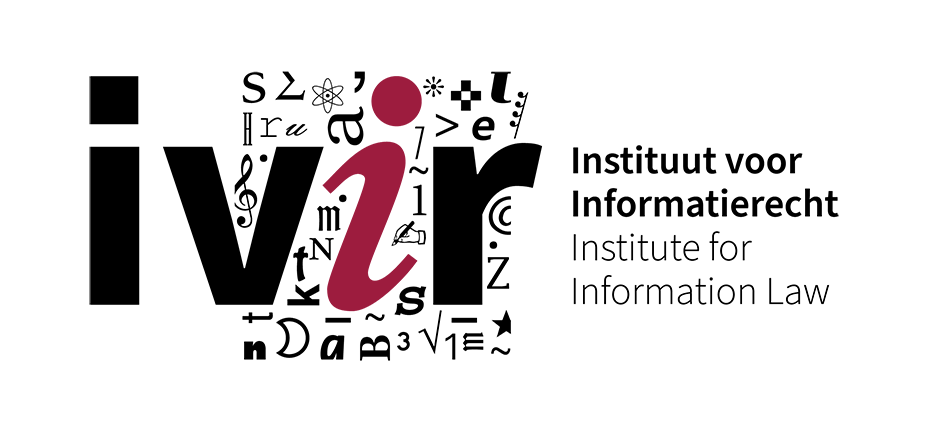Study on the Future of European Audiovisual Regulation
The Hans-Bredow-Institute and the Institute for Information Law (IViR) have published a study on the future of European audiovisual media regulation. The study develops new ideas and recommendations for shaping a new European framework. A structural reform is favoured, as a response to digitization and convergence. The new framework should concentrate on general principles and be able to adapt and learn. Regulation should not be linked to types of services, but rather be developed by considering its goals, like protection of minors and consumer protection. Standards should be set allowing for effective regulation and coordination. Moreover by taking a 360-degree view on all relevant areas of regulation, it needs to become visible, where the European Law can offer leeway for to the member states’ own media policy.
The study called HERMES draws a precise image of current media consumption and value-added chains by examining several EU member states, as well as certain international states. The developments of the last years are being examined and current phenomena are explored. The centre of attention is the shift away from regular TV to non-linear media and the consumption via alternative channels as well as via new devices, which were not yet taken into account when shaping the present framework. The outcomes are analysed and put into practical guidelines for the near future.
The study has been supported by a grant of RTL Group, Luxembourg.

